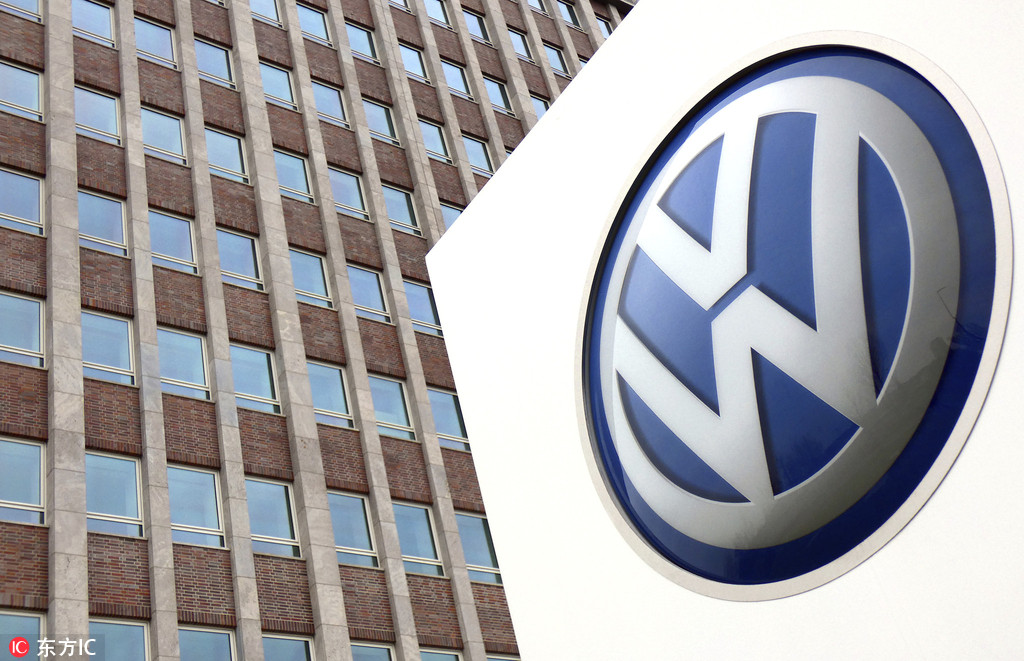VW to build 10m electric vehicles based on new 'MEB' propulsion platform
Xinhua | Updated: 2018-09-18 13:22

BERLIN - Volkswagen will build 10 million electric vehicles on the basis of a new modular e-propulsion assembly kit (MEB), the German carmaker announced on Monday.
"In the first wave alone around 10 million cars will be based on this platform," Thomas Ulbrich, head of electric mobility at Volkswagen, said. Christian Senger, the Volkswagen manager responsible for the development of the MEB vehicle series, emphasized that millions of global customers would consequently be able to afford an electric car for the first time.
Ulbrich's and Senger's comments were made during the public presentation of the new substructure system in the Saxon capital of Dresden. According to the plans unveiled by the Wolfsburg-based multinational company, the Volkswagen plant in nearby Zwickau will play a central role in manufacturing a fully electric new "ID" series of vehicles.
Speaking to Xinhua on Monday, a Volkswagen spokesperson said there would be two Chinese manufacturing sites for MEB-based lines in Foshan and Shanghai. As such, China will be one of three international sites, alongside Germany (Zwickau) and an unnamed third world region, where four new electric models, currently named "ID. Cross", "ID. Compact", "ID. Bus" and "ID. Vision" are first trialled.
Volkswagen wants to launch the production of a total of 27 MEB-based models for four of its brands by 2022. The company is targeting the production of up to three million electric and hybrid vehicles per year by 2025, 50 percent of which are intended to be equipped with fully-electric propulsion systems.
Six billion euros ($7 billion) in total investment are dedicated to the MEB project with 1.3 billion thereof flowing to the manufacturing of vehicle parts at German plants in Braunschweig, Salzgitter and Kassel. Specifically, Braunschweig will produce up to half a million battery systems each year while a pilot assembly line for battery cell production is established in Salzgitter.
Last year, Volkswagen announced that it would spend 34 billion euros on the development of electric vehicles, self-driving vehicles, digitalization and other mobility services by 2022 and unveil 80 new electric models by 2025. At the same time, however, chief executive officer (CEO) Herbert Diess has warned that the success of the company's electric offensive will hinge on making its operation more efficient in general.
"We need to reap higher profits to finance our future," Diess said.
Aside from cost-cutting measures, one way by which Volkswagen is trying to shore up its business model in the wake of the diesel emissions scandal is to prioritize reforms of its compliance regime and corporate culture. The specially-created division for "integrity and law" has already grown from 225 staff to 540 between 2017 and 2018 and is earmarked for further funding.
Another area where Volkswagen has set its sights on further expansion is China. The company's single largest market for automotive sales is envisioned as playing a greater role in manufacturing in the future. Towards that end, Volkswagen has recently signed cooperation agreements with its local partner FAW to build three new factories in Qingdao, Foshan and Tianjin.
























